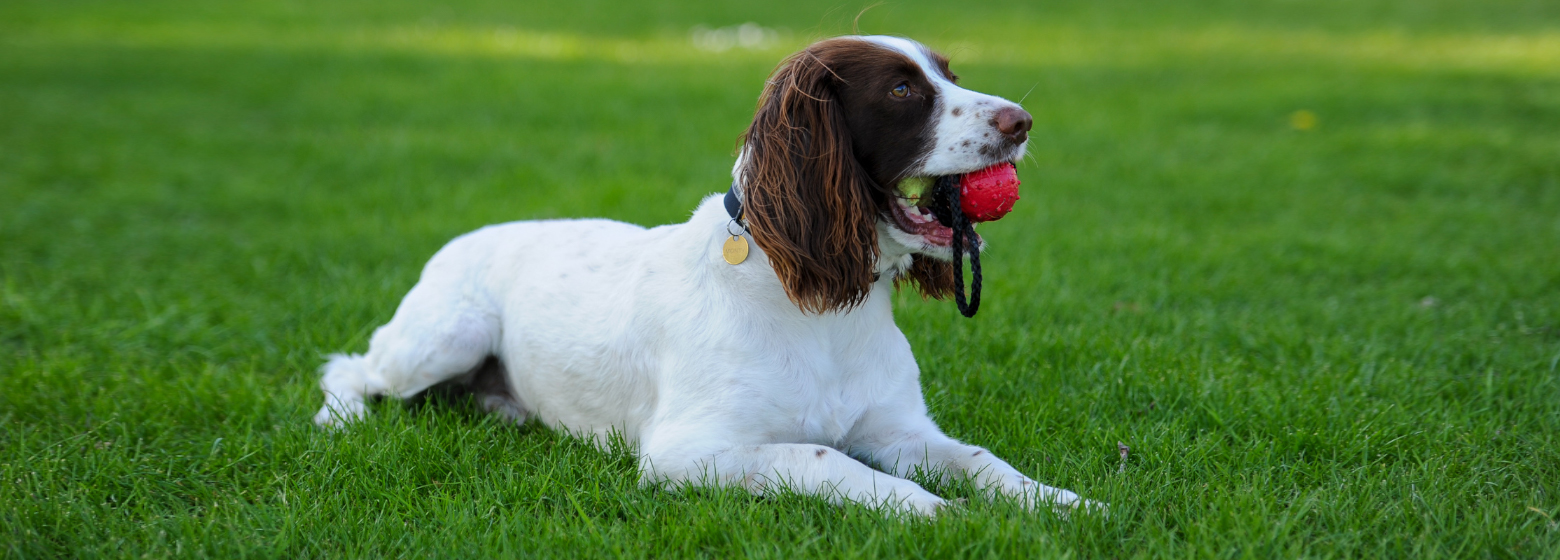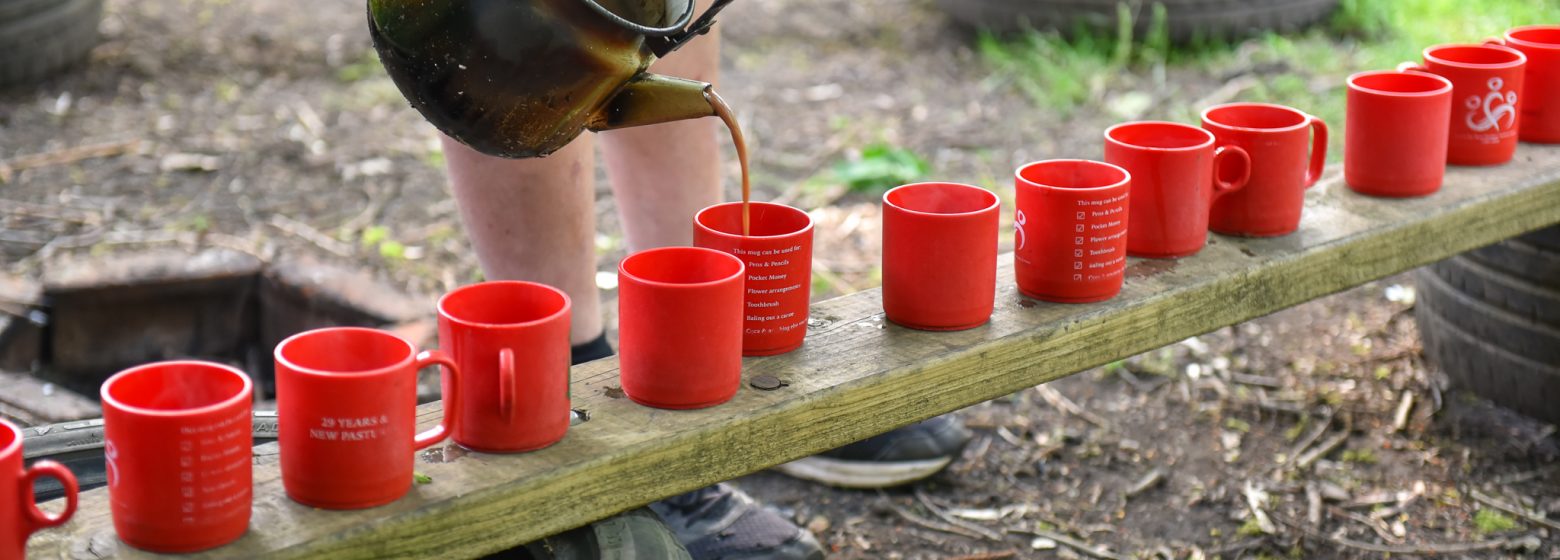Pastoral Care & Wellbeing
At Prince’s Mead our aim is to provide the highest quality pastoral care throughout the school and maintain an environment where each pupil can succeed in every aspect of their education as well as to flourish and thrive as an individual.
We have a dedicated Pastoral Care Team, led by our Deputy Head of Pastoral and the Head of Wellbeing who work closely with our Matron, and the ELSA (Emotional Literacy Support Assistant). From the moment a child joins us we want to ensure they flourish and feel a sense of belonging within the Prince’s Mead family. We do this by adopting a proactive approach which involves:
Excellent Communication
Communication between teachers, Matron, parents and pupils is excellent. The relationship between staff and pupils is a great strength at Prince’s Mead. Informal but respectful, the pupils see the teachers as their allies and feel happy to confide in them.
Learning for Life Lessons
Our curriculum aims to equip our pupils with the tools necessary for a healthy, happy and successful life in senior school and beyond. We focus on embedding a growth mindset, building grit and resilience through opportunities to fail, and instilling a mindful approach to build positive coping strategies for pupils to thrive.
Friendship Fridays and Matey Mondays
Run by our ELSA lead during lunchtimes, children are invited to come along to meet new friends and learn how to socialise and have fun with new people.
Buddies
Pupils in Year 6 are assigned to take on the role of buddy to a younger pupil in Years R and 1. These pupils support their buddy on the playground and around school.
Peer Support
At Prince’s Mead we believe that with the right training and support, pupils can help each other to manage low level situations in the playground. This works really well and the pupils enjoy helping one-another. Adults are always supervising and will assist if needed but this helps the pupils learn respect for one-another and helps to boost their self-esteem.
Pastoral School Dog
Monty, our pastoral school dog, is a certified ‘Good citizen dog’ and PAT (Pets As Therapy) dog. He is always supervised when he comes into school with his owner the Head of Wellbeing. By having a dog in school we want to encourage those children specifically who are less confident with learning to have a friendly audience. Most dogs are gentle and loving, offering children opportunities to improve social development skills and unconditional acceptance.
One-to-One ELSA Support
One-to-One support is available with our Emotional Literacy Support Assistant. These sessions are for children who are highlighted by teachers as in need of extra emotional literacy support. We will always seek permission of the parents to begin these sessions.






